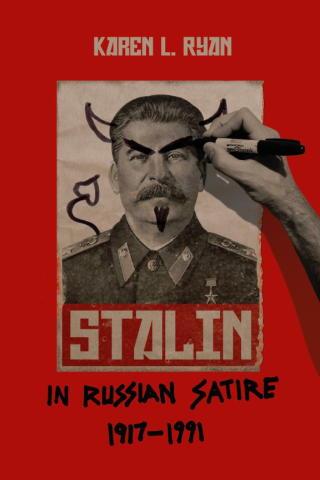
Аннотация
During Stalin’s lifetime the crimes of his regime were literally unspeakable. More than fifty years after his death, Russia is still coming to terms with Stalinism and the people’s own role in the abuses of the era. During the decades of official silence that preceded the advent of glasnost, Russian writers raised troubling questions about guilt, responsibility, and the possibility of absolution. Through the subtle vehicle of satire, they explored the roots and legacy of Stalinism in forms ranging from humorous mockery to vitriolic diatribe.
Examining works from the 1917 Revolution to the fall of the Soviet Union in 1991, Karen L. Ryan reveals how satirical treatments of Stalin often emphasize his otherness, distancing him from Russian culture. Some satirists portray Stalin as a madman. Others show him as feminized, animal-like, monstrous, or diabolical. Stalin has also appeared as the unquiet dead, a spirit that keeps returning to haunt the collective memory of the nation. While many writers seem anxious to exorcise Stalin from the body politic, for others he illuminates the self in disturbing ways. To what degree Stalin was and is “in us” is a central question of all these works. Although less visible than public trials, policy shifts, or statements of apology, Russian satire has subtly yet insistently participated in the protracted process of de-Stalinization.
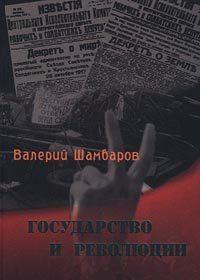
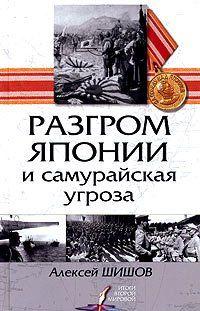



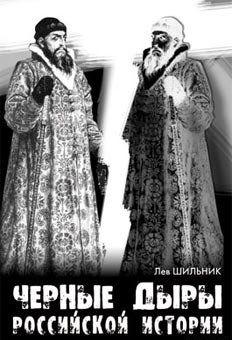
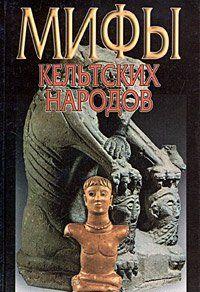


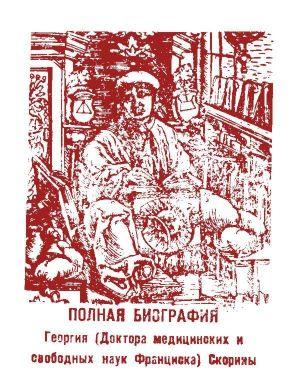
Комментарии к книге "Stalin in Russian Satire 1917-1991"